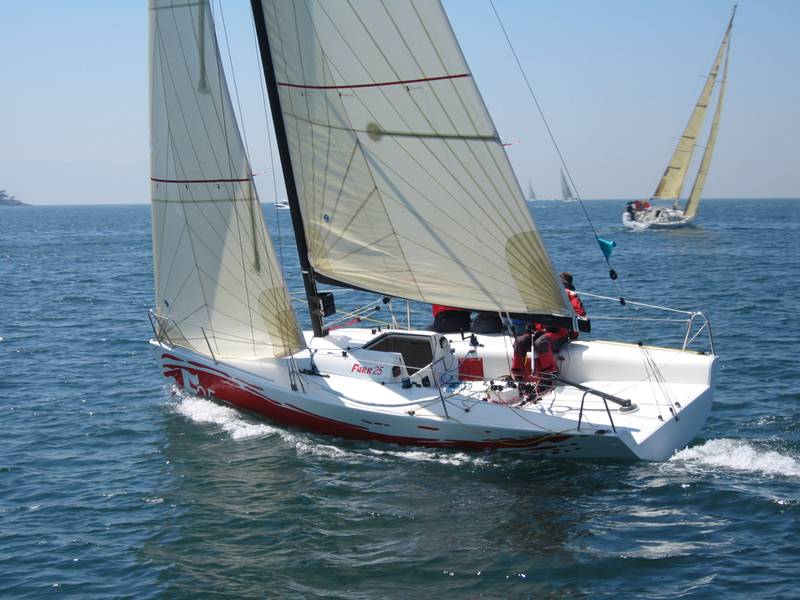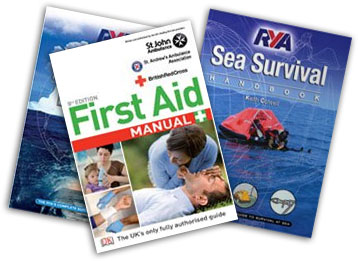Once the basics of sailing are mastered, it’s time to move on to the more complex aspects of spending time on the water.
That means learning the essentials of navigation and seamanship, from safety aspects to avoiding collisions and setting an appropriate course.
It is assumed that all of the basic aspects will have been covered prior to undertaking the more complex sailing courses, as what is involved will be a lot more strenuous and testing.
Most sailing courses look to complement others in order to create sailors that are knowledgeable across a wide range of elements.

Study materials used on distance learning courses have all been approved by the RYA and courses are popular in both the UK and abroad.
Essentially, they look to deliver both classroom and ‘on the water’ training, providing a mix of both the theory and practical aspects within one sailing course.
Day Skipper sailing courses provide all of the necessary information and guidance on how to skipper a vessel, with a range of learning tools available to help this process.
Much of the content is provided via computer programmes and other software, giving a real in-depth insight into the workings of a boat and what to consider in certain situations.
When out on the water, keeping a clear mind and staying calm under pressure can make all the difference, especially in rougher or unfamiliar waters.
The courses aim to work on the basic skills that will have been picked up in earlier sailing courses and to develop them to a higher standard.
Typical Day Skipper theory courses require around 60 hours of study, while Yachtmaster courses require a similar timescale although established knowledge of Day Skipper theory will already be required.
Content included in the course comes in modular formats, meaning it can be done in sizable chunks and revisited at any time – don’t think it’s necessary to complete the lot by staying awake for two-and-a-half days!
Final examinations are done when all of the theory is complete and should that be passed successfully, an individual is deemed to have the necessary skills to skipper a vessel.
Aspects such as working with maps and charts will be included, as well as developing the knowledge of how to map a route and then how to ensure it is being followed.
All charts and workings will need to be carried out in considerable detail, exactly as if it were being done out on the water – that way it showcases the necessary skills that the distance courses aim to teach. Preparation is a hugely important part of this particular aspect.
Further elements such as safety and understanding weather conditions are given priority on these types of courses, to ensure the responsibility of those undertaking them.

Other aspects of sailing, including sailing and RYA first aid courses can further develop knowledge, although it is recommended to undertake this sort of training course prior to other more complex sailing lessons.
That way, any sailors that are learning the ropes can do so safe in the knowledge that they know what to do should something go wrong.
Aspects such as basic recovery and first aid to more complex issues (such as full scale rescue from the water) are covered, meaning a sailor can act in the correct manner in an emergency situation.
Powerboat lessons can also be undertaken to provide knowledge of different types of vessel, making the sailor more experienced when it comes to what they are capable of doing on the water.